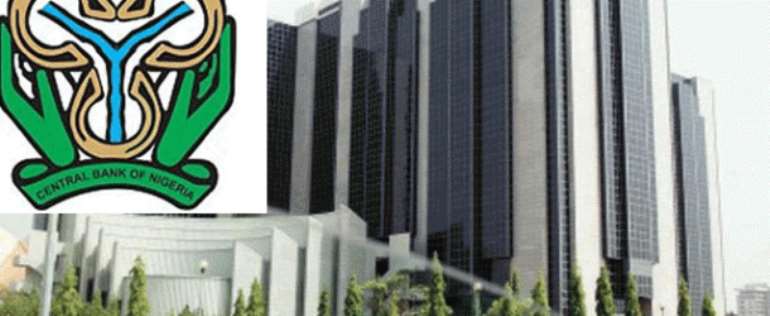CBN maintains 12 percent Interest Rate

The Central Bank of Nigeria (CBN), has maintained its monetary policy by leaving its Monetary Policy Rate (MPR) at 12 per cent. Addressing journalists after the Monetary Policy Committee (MPC) meeting in Abuja, the CBN governor, Sanusi Lamido Sanusi said 'The Committee decided to maintain rates as it stands with MPR at 12 per cent with a corridor of +/- 200 basis points,' adding that the committee also agreed to 'maintain the Cash Reserve Ration (CRR) at 12 per cent, and liquidity ratio at 13 per cent.'
He explained that the apex bank has continued to retain the MPR at 12 per cent for this long, because the economy 'cannot have low interest rate in high inflation rate regime,' saying that the 'CBN 's ability to bring down rates is a function of its ability to maintain stability.'
Sanusi further stated that 'Given the stability achieved in the last 12 months with average year-on-year headline inflation rate at 12.24 per cent, in 2012, the MPR of 12 per cent was considered to be just about right.
'The Committee considered the calls for a reduction in the MPR because of the benign inflation outlook, other things being equal.'
However, this may be undermined by the increased sub-national government spending and Federal Government high expenditure in 2013, the higher benchmark oil price in the 2013 budget and the US debt ceiling with possible impact on commodity prices.
'In view of the foregoing, the Committee decided that it was prudent to hold and monitor developments between now and the next meeting of the MPC.
Meanwhile, Sanusi also disclosed that Nigeria received N6.24 trillion ($40 billion) as oil revenue from January to November last year. A development which it said, enhanced the stability of the exchange rate and built up of the external reserves.
It said: 'Overall, the relative stability recorded in the foreign exchange market could be attributed to the combined effects of improved supply of foreign exchange by oil companies and enhanced capital inflows from portfolio investors during the period under review.
'The Committee expressed satisfaction with the sustained accretion to external reserves which stood at US$43.849 billion as at December 31, 2012, representing an increase of US$1.682 billion or about 3.98 per cent from the level of US$42.167 billion at end-October 2012.
'Relative to the end-December 2011 level of US$32.915 billion, the external reserves at the end of December 2012, had risen by US$10.934 billion or 33.21 per cent. The increase in the level of foreign reserves was driven mainly by proceeds from crude oil and gas exports and crude oil related taxes as well as reduced funding of the WDAS on account of the huge inflow of foreign portfolio investments, which was about 77.0 per cent of total inflows through the CBN.
